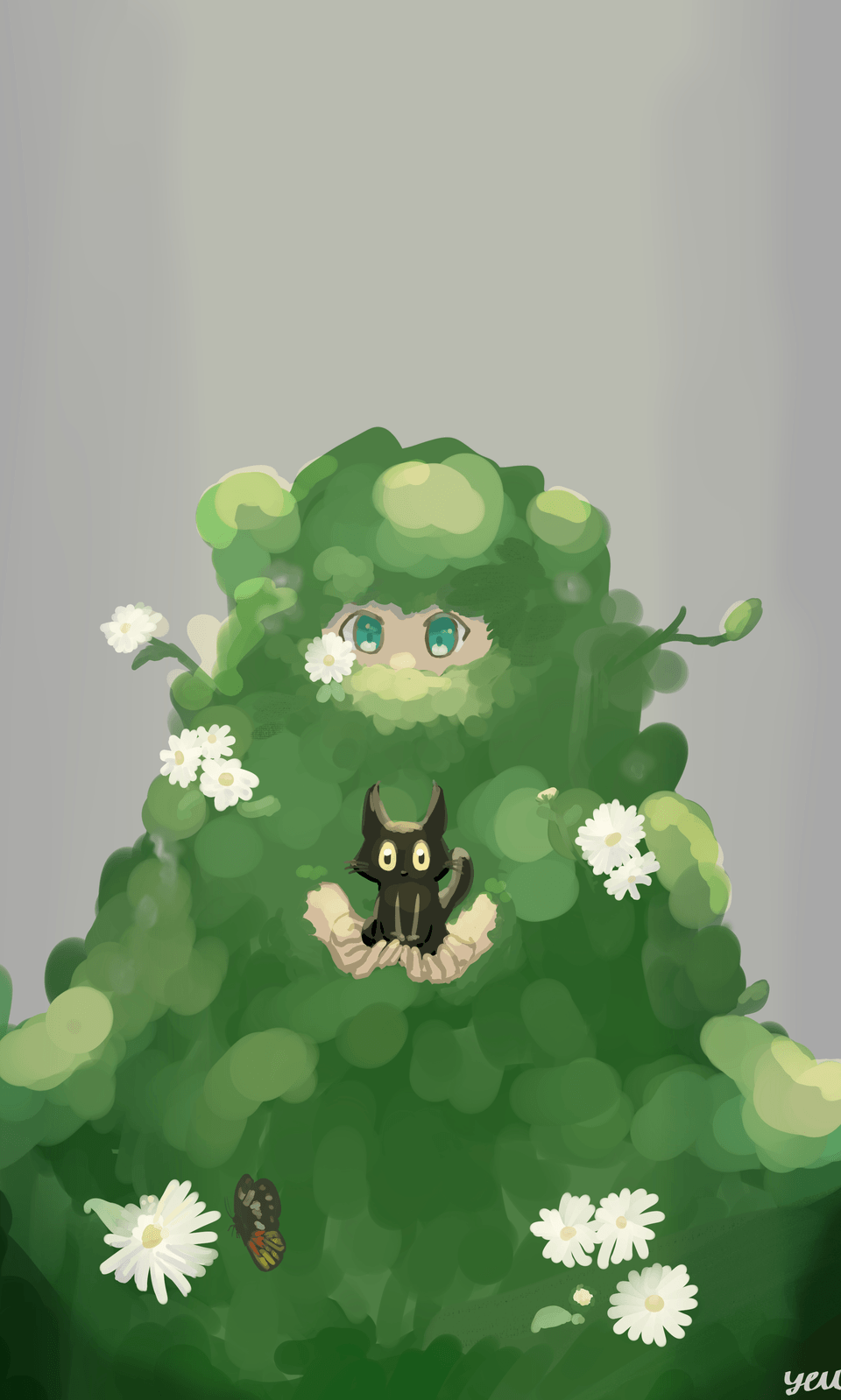tips on dynamic poses
introduction
hello friends, my name's Kira, and I've been drawing for less than a year now, today I wanna share my tips on drawing dynamic and less stiff poses and how I improved my art so much in so little time.
simplifying
obviously, before we can draw the pose we should be able to draw at least a simple body, no need for any details or accurate anatomical proportions, keep it simple by making a human out of 3D shapes you're familiar with.
avoid using basic circles or squares or any other 2D shape, instead, replace them with spheres and cubes.
adding a few lines to the shape can help define it and communicate where the shape is facing and how it's turning in a 3D environment.
gesture drawing and line of action
gesture drawing is drawing the flowing motion of the pose to communicate its movement.
using lines as little as possible for defining the shape of the body, if the pose is readable then the pose is good.
establishing a line of action can help the pose feel natural and give the character more personality, normally people don't stand still for long periods of time, so help your character relax by shifting their weight around,
something to avoid is giving the character a straight stiff line. add a curve or two to make the pose feel alive and believable.
foreshortening
this might look tricky for beginner artists, but I promise it's not that hard,
foreshortening basically means the body parts closer to us get bigger while the ones farther away get smaller.
this is where our knowledge of 3D shapes comes to play,
starting with cubes, cylinders, and the line of action, you could easily make dynamic shapes and connect them to make up a body with only a few minutes of practice, flowy lines help better than straight lines when it comes to making the shape appear relaxed and dynamic.
let your hand relax as you draw to help establish some natural curves.
it's important that the parts farther away aren't always showing when there are overlapping parts,
it might give the pose a stiff and unnatural look.
additional tips
when you're drawing the rough sketch of the pose, don't focus too much on the anatomy, detailing should be the last step.
having too many details very early in the process will make it hard to fix later on when spotting mistakes In the pose, so avoid details until you're fully satisfied with the pose.
having accurate proportions is great, but don't be afraid of pushing the poses further beyond, it doesn't matter if your art style is realistic or cartoony, adding some exaggeration to the proportions can make your poses really interesting.
by adding exaggeration, I don't mean to make the pose look distorted, but to make it feel convincing,
body language is an important aspect when it comes to drawing dynamic poses, the body should be able to communicate what the character is feeling, and by exaggerating it you're making it very loud and clear to your audience what your character is feeling.
if you're a real beginner just getting started with drawing and don't have a lot of knowledge of anatomy and proportions yet, I would recommend you practice with the shape here;
this shape for the body can work on the pose in almost every way possible, giving it a line of action and 3D lines there's just nothing that you cannot do with this shape.
in conclusion
I really wish this was helpful to any of you! I'm not confident in my ability to explain properly, so I apologize in advance if any of this was confusing.
again, I've been following these technics for around 280 days now, so don't be upset if it doesn't work out on the first try, thank you for your time, and good luck with your poses!
























留言